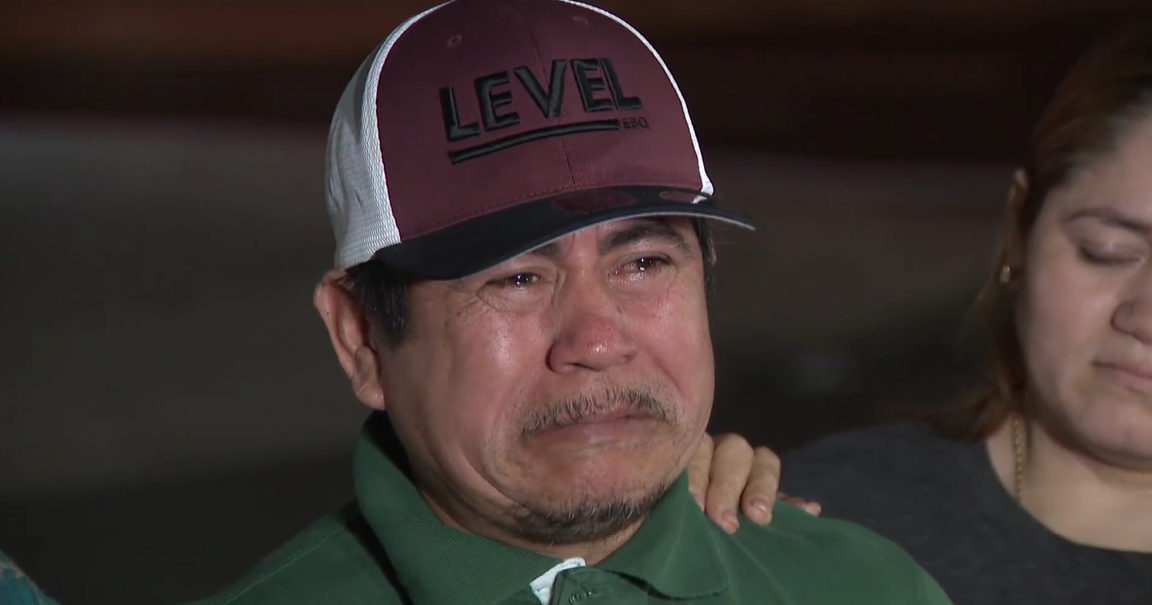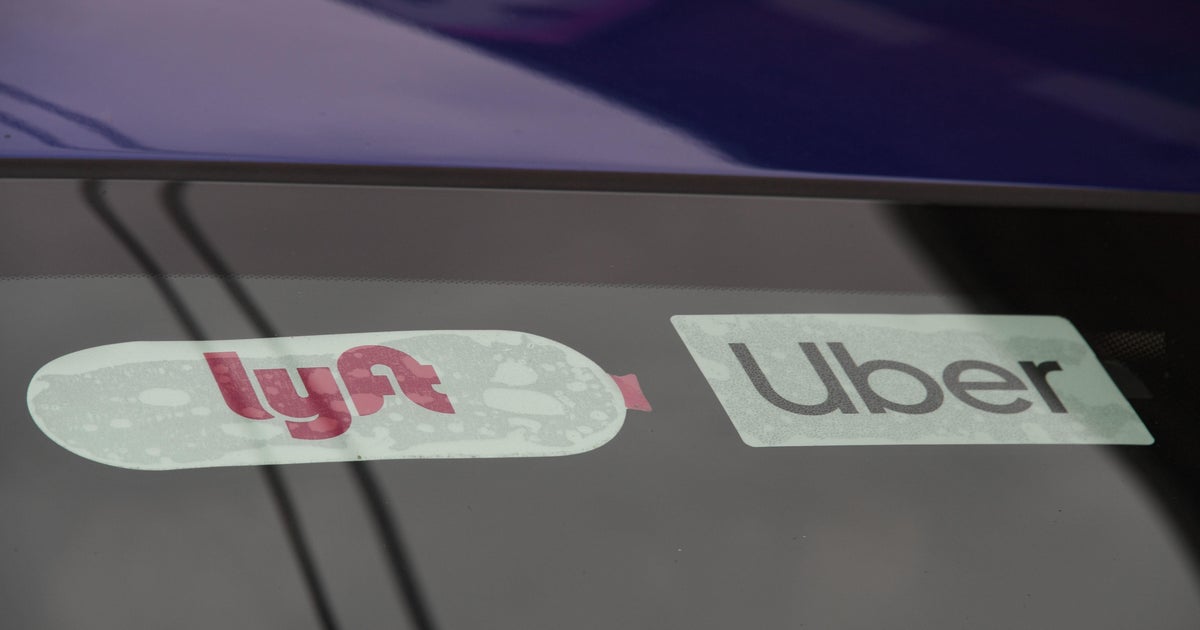Abortion rights advocates, opponents have been prepping for six week abortion ban
MIAMI - Florida's 'heartbeat law', also known as the six week abortion ban, is now in effect.
It's a day Angela Curatalo said the Office of Respect Life Ministry for the Archdiocese of Miami has worked hard to prepare for.
"We don't like to call it a ban, because it's really a heartbeat law because the baby's heartbeat starts beating, the heart starts beating right around 21 days," she said.
The Archdiocese of Miami operates three pregnancy health centers. Curatalo said they are ready to help an influx of women in need, whether it's with diapers, formula, screenings, or adoption options.
"I think the most important thing now is to tell people that there's hope and help out there if they are in a panic over it. If they think that I could never, I can never do this, I can't do this. We're here to show you that you can," said Curatalo.
Planned Parenthood of South, East, and North Florida said they too have been preparing for this day, a day they dreaded.
"As soon as the April 1 ruling came down, and we knew that we would have a six week ban on May 1, we started combing through our May schedule and moving up all appointments that we could for abortion care, for pregnancy confirmation, for pregnancy dating. So we packed our schedules for the month of April," said Michelle Quesada.
But now that it's in effect, "If someone suspects that they're pregnant, they should make an appointment immediately, and take a pregnancy test, make an appointment. They will be able to come in and see our physician and figure out how far along they are and what their options are. We've been telling women that they should stock up on emergency contraception, have it in your medicine cabinet, it doesn't hurt to have it in case you need it," said Quesada.
The six week limit does have exceptions, including to save a mother's life. That requires two doctors certifying in writing a "medical necessity" for abortion "to save the pregnant woman's life or avert a serious risk of imminent substantial and irreversible physical impairment of a major bodily function of the pregnant woman." An exception also exists for fatal fetal abnormalities, until the third trimester. The exception also requires certification by two doctors.
There are also exceptions for victims of rape, incest, and, human trafficking, with women needing to show documentation.
Dr. Chelsea Daniels said the exceptions to save a mother's life or a fatal fetal abnormality are hardly exceptions.
"Doctors are too afraid to intervene. Patients are often waiting and waiting until they become infected in order to feel that the law can intervene. That is because of the murkiness surrounding the language," she said.
"Floridians who are more than six weeks pregnant, and don't meet the state enforced requirements for their very limited exceptions in the law, have nowhere else to go," said Alexandra Mandado, the President of Planned Parenthood Southeast and North Florida.
The closest places for women in Florida to obtain abortions after six weeks will be at least a day's travel by car. North Carolina allows abortions until 12 weeks of pregnancy but requires a 72-hour, in-person waiting period. In Illinois, abortions are allowed until "viability" of the fetus, which means the fetus can survive outside of the mother's womb. Virginia bans abortions after 26 weeks and six days of pregnancy.
Anna Hochkammer's organization, Florida Women's Freedom Coalition, helped put an amendment on this November's ballot that would enshrine the right to abortion in the state, as other states have done.
"Abortion has won every single time. There is no reason to believe that Florida is going to buck that trend. Abortion bans are incredibly unpopular among Americans and they're incredibly unpopular among Floridians," she said.



